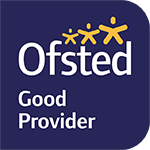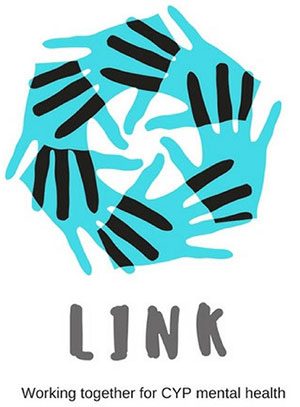VISION STATEMENT
We live in an ever-changing world, where music can connect us all. We, at Moorlands C of E Primary Academy believe that in our school, music can bring communities together through the shared endeavour of whole-school singing, ensemble playing, experimenting with the creative process, listening to music and performing. Music can enrich individual lives as well as a school’s wider community.
At Moorlands, we build on the Early Years Framework by following the Music National Curriculum Framework 2014. We aim to enable every young person to experience music and make musical progression in both fundamental musical techniques and musical knowledge. Throughout their primary years, we strive to ensure that our children are able to steadily increase their development of musicianship within the strands of singing, listening, composing and performing. As they reach Key Stage Two, we offer our children the opportunity to play a tuned instrument and to begin to understand musical notations.
Our music curriculum exposes children to music from a diverse range of times, cultures and backgrounds. It is our hope that it engages and inspires all children to develop a love of music and to begin their journey of becoming talented and confident musicians.
AIMS
- For every young person to experience music and make musical progression in both fundamental musical techniques and musical knowledge.
- For every young person to develop a love of music and increase their development within the strands of singing, listening, composing and performing.
- For every young person to have the opportunity to learn to play a tuned instrument and begin to understand musical notation.
- For every young person to have the opportunity of performing in school productions.
- For all children to explore music from different eras and cultures.
DELIVERY
Music is delivered both as a discrete subject each week via the Charanga Musical Schools programme and as part of the wider curriculum in school. As a member of Norfolk Music Hub, KS2 children at Moorlands are given the opportunity to learn to play a tuned instrument through peripatetic music lessons with a specialist music teacher. Enrichment activities such as a KS1 and KS2 choir are provided for those children wishing to attend and the school likes to participate in the local musical performances organised by the Great Yarmouth Schools Music Association.
SEND: Inclusion is at the core of our curriculum delivery and in music we make adjustments and offer support to allow all children to access learning in all lessons.
COVERAGE
The Moorlands Music curriculum follows the Charanga scheme of work. The documents below show the intended coverage and examples of planned units of work.
Music in the Early Years
Through the delivery of a knowledge rich curriculum children in EYFS build a focused and sequenced body of knowledge which students are able to remember. In the EYFS Music comes under the title of Expressive Arts and Design (EAD). Singing and music forms a key experience across the EYFS, as a precursor to both language and rhythm. The children take part in singing and dancing on a daily basis, it is built into the routine of the day such as the ‘Count to one hundred’ song, ‘days of the week’ song and our ‘special child’ song. Children will be exposed to a variety of different music from nursery rhymes to classical to rap. They will explore how sounds can be changed by experimenting with pitch and tempo, using their voices and body percussion. They will learn how sounds and instruments can be used and adapted to tell a story by studying composers. The children will incorporate musical instruments into our learning. As part of our Christmas Nativity the children learnt a variety of songs and how to sign them as well. There are plans to develop our own ’musical shed’ where children will have independent access to a range of musical instruments and ‘improvised sound instruments’.
By the time children leave Reception they will be expected to:
- Be imaginative and expressive
- Sing a range of well-known nursery rhymes and songs
- Perform songs, rhymes and stories with others, and -when appropriate- try to move in time with music.
ASSESSMENT
Children demonstrate their ability in music in a variety of different ways. Teachers (including peripatetic teachers) assess children’s work in music by making formal and informal judgements as they observe them during lessons.




